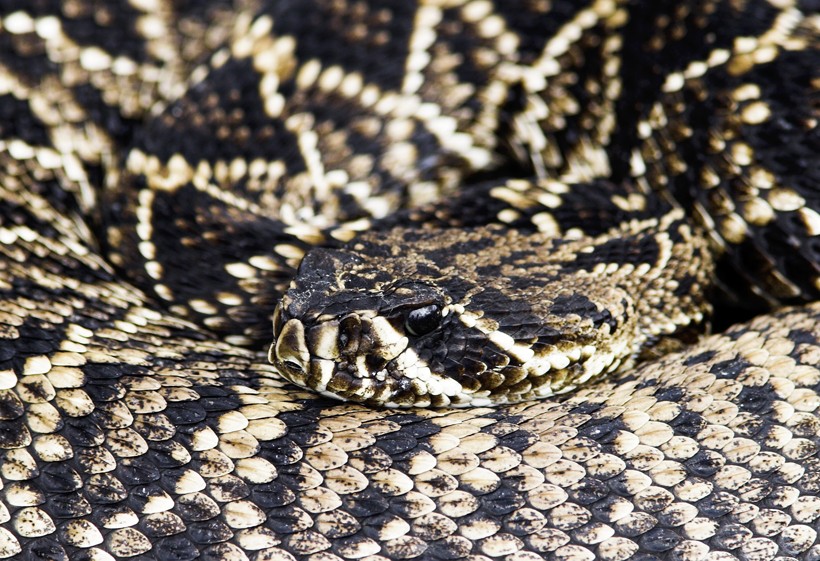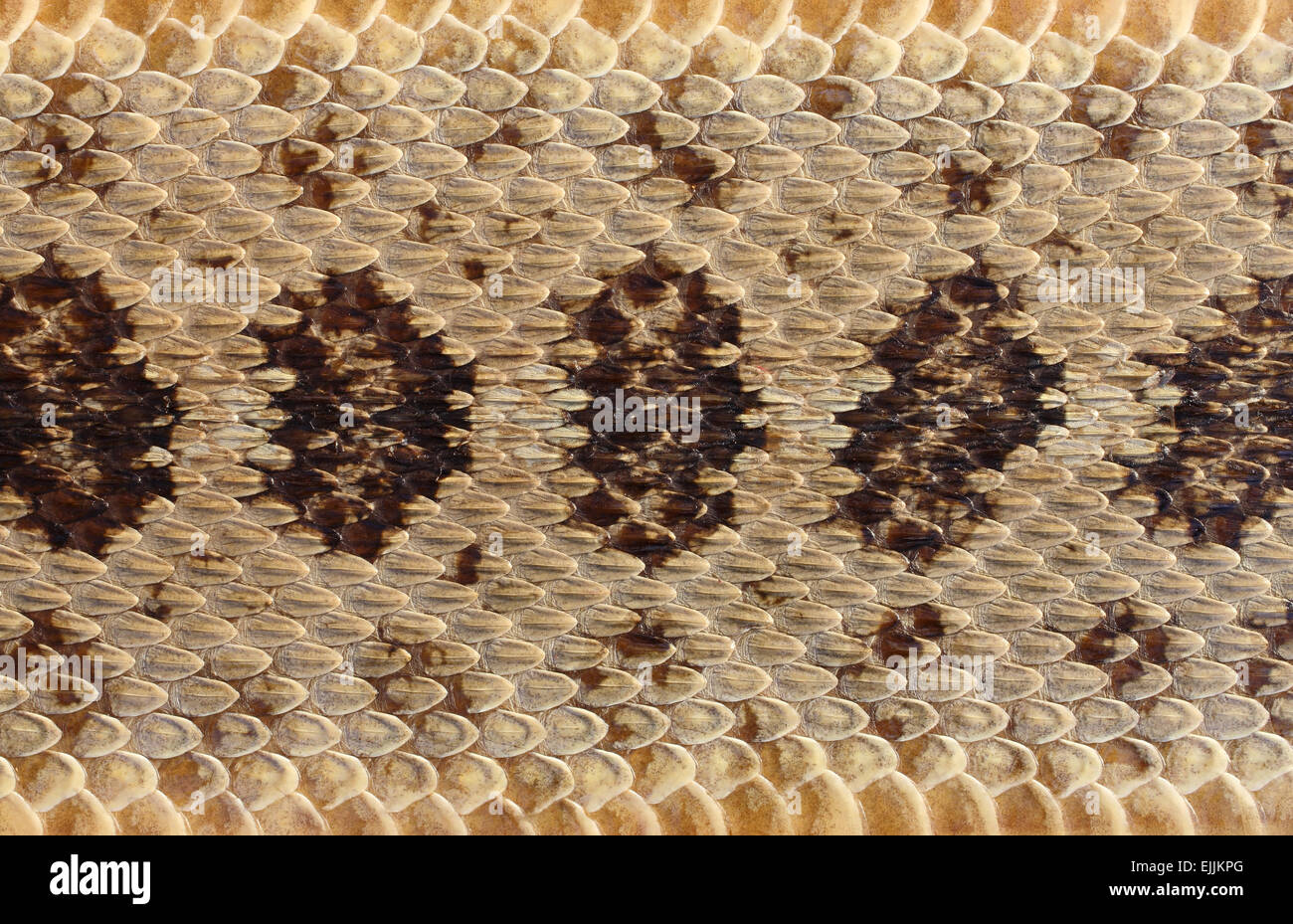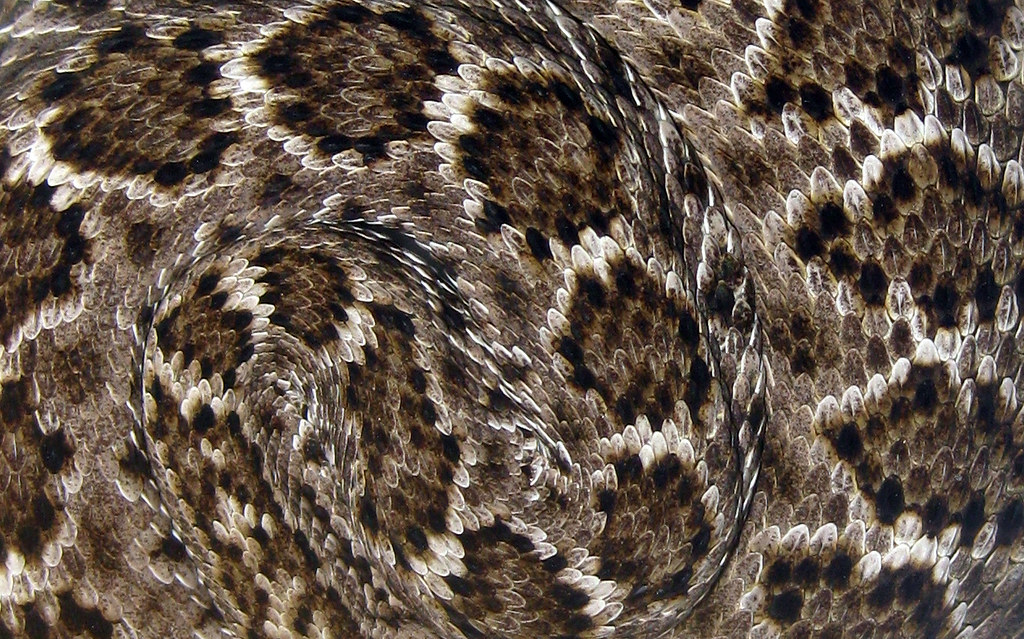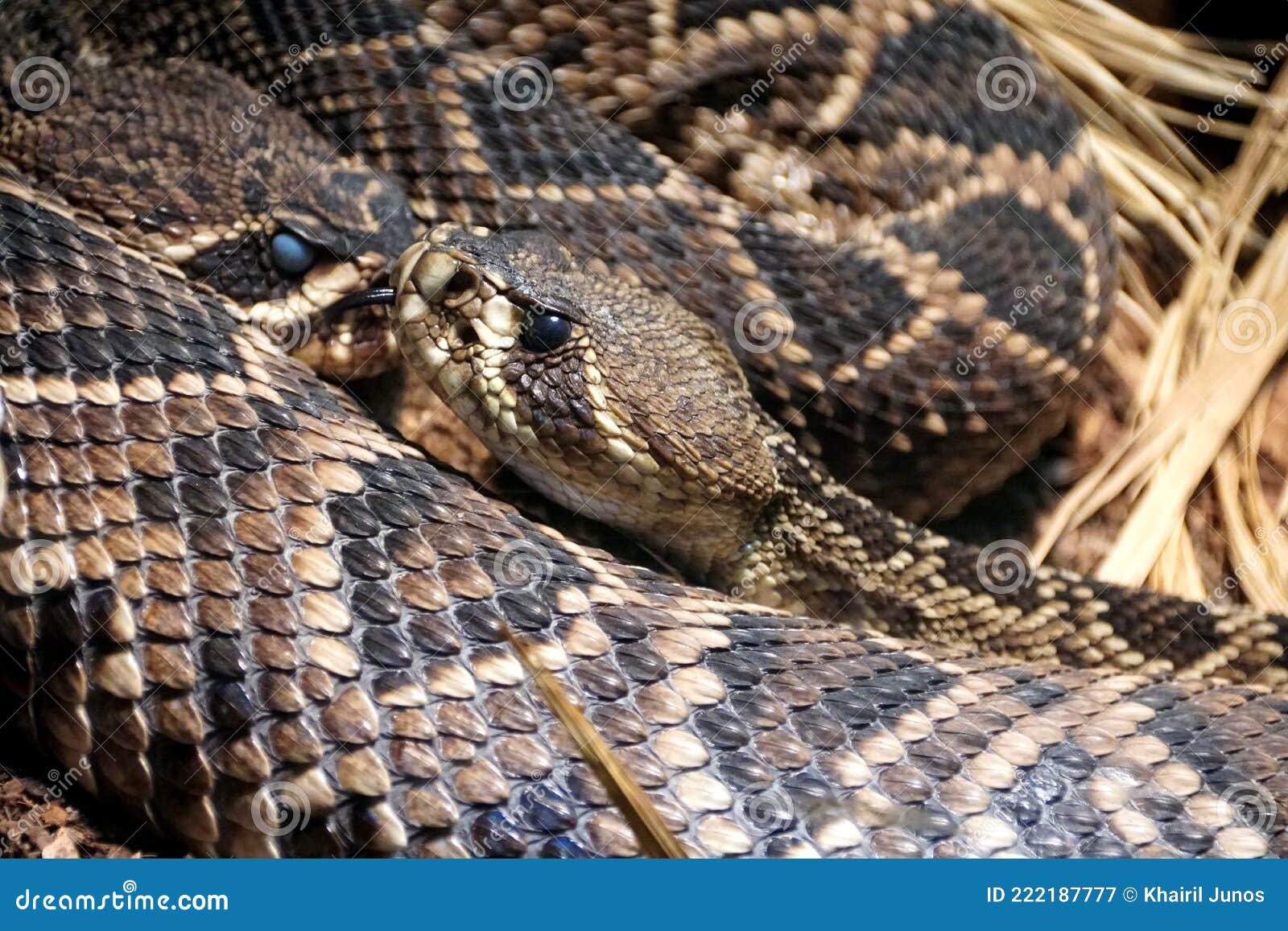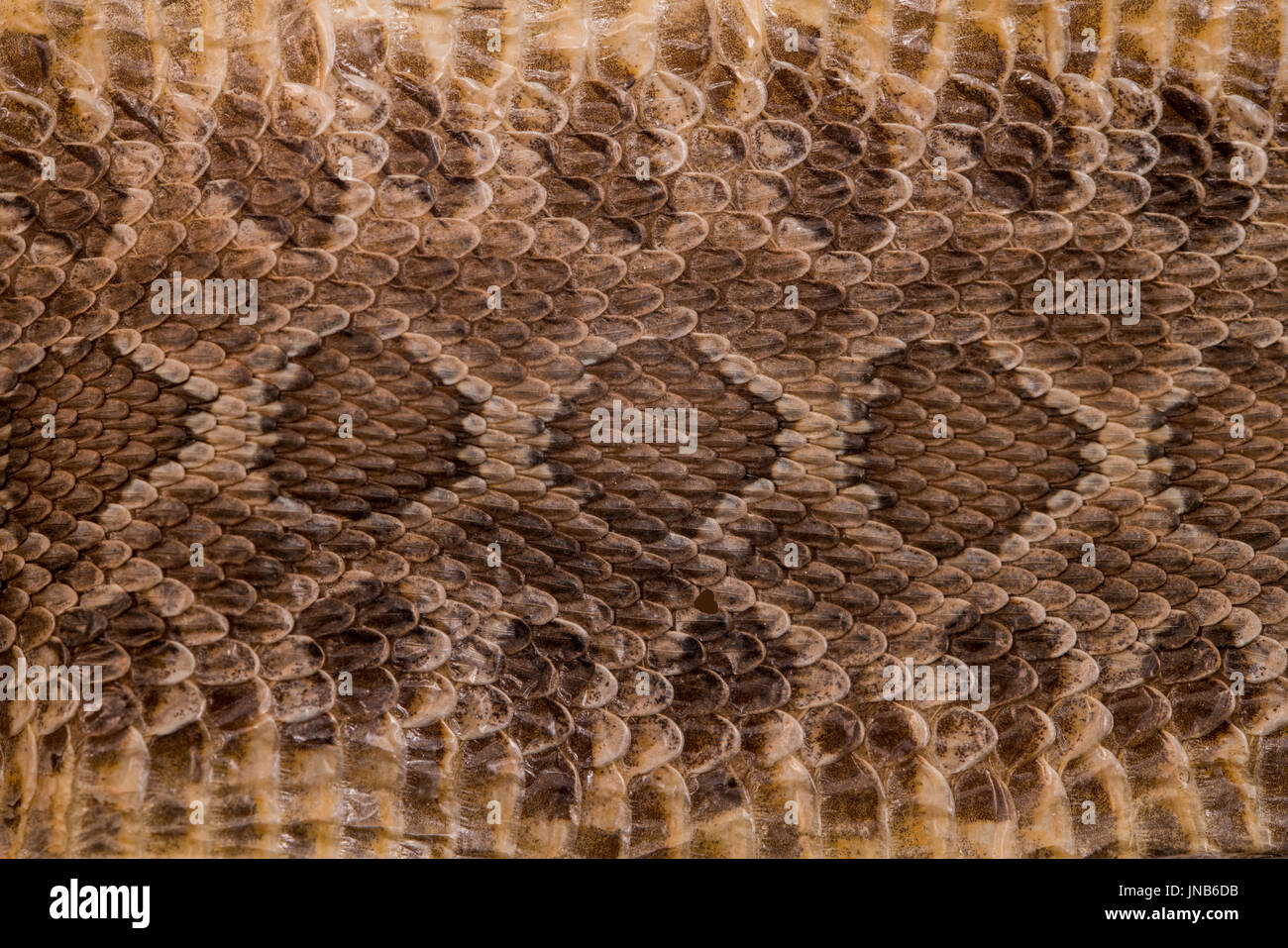Diamondback Snake Pattern
Diamondback Snake Pattern - The ground color of the body is brownish. There are two dark diagonal lines on each side of its face running from the eyes to its jaws. Keep reading to learn more! Web the behavioural patterns of the western diamondback rattlesnake are fascinating and nuanced. Web the western diamondback rattlesnake, scientifically known as crotalus atrox, is a venomous pit viper species belonging to the family viperidae. Two diagonal stripes extend from each eye to the jaw. Web the western diamondback rattlesnake (crotalus atrox) is a heavy bodied snake with a triangular shaped head. Web the western diamondback can exceed seven feet in length, and is the king of our twenty odd species of southwestern desert rattlers. The color of this striking snake ranges from brown to gray to pinkish, depending on the shade of its habitat. Web check out our diamondback snake pattern selection for the very best in unique or custom, handmade pieces from our patterns shops. Web the eastern diamondback rattlesnake (crotalus adamanteus) is the heaviest venomous snake in north america. The tail has black and white bands just above the rattles. Diamondback water snake (nerodia rhombifer) the diamondback water snake is a nonvenomous species that commonly lives in the aquatic regions of texas. There are two dark diagonal lines on each side of its face running from the eyes to its jaws. Web crowned north america’s longest and heaviest venomous snake, the eastern diamondback rattlesnake is native to the national seashore. It's known for its iconic rattle and its venomous bite, which can be fatal to humans. It has a diamond pattern along its back and, as you probably could have guessed, a distinct rattle at the end of its tail. Web the behavioural patterns of the western diamondback rattlesnake are fascinating and nuanced. Web written by gail baker nelson. We’ll take a look at their habitats, behavior, and diet. It's known for its iconic rattle and its venomous bite, which can be fatal to humans. Nocturnal by nature, they are primarily solitary creatures. We’ll take a look at their habitats, behavior, and diet. There are two dark diagonal lines on each side of its face running from the eyes to its jaws. Two diagonal stripes extend from each eye. Two diagonal stripes extend from each eye to the jaw. It has a triangular head, narrow neck, stout body, and short tail. The color of this striking snake ranges from brown to gray to pinkish, depending on the shade of its habitat. 13 snakes with diamond patterns. Often confused with cottonmouths, diamondback water snakes are. Diamondback water snakes are nonvenomous and native to the mississippi river basin and surrounding areas in north america and the eastern regions of mexico. Web the western diamondback rattlesnake (crotalus atrox) is a species of venomous pit viper found in north and central america. Like all other members of the genus, they have a hollow rattle on the ends of. Web however, some snakes can cross this limit, and the largest recorded eastern diamondback measured a whopping 7.8 feet (2.4 m) and 34 pounds (15.4 kg). We’ll take a look at their habitats, behavior, and diet. Web written by gail baker nelson. Web the western diamondback rattlesnake (crotalus atrox) is a species of venomous pit viper found in north and. Web written by gail baker nelson. Web the western diamondback can exceed seven feet in length, and is the king of our twenty odd species of southwestern desert rattlers. Web the behavioural patterns of the western diamondback rattlesnake are fascinating and nuanced. Web the western diamondback rattlesnake (crotalus atrox) is a heavy bodied snake with a triangular shaped head. Diamond. Web the western diamondback can exceed seven feet in length, and is the king of our twenty odd species of southwestern desert rattlers. Its underside is marked by yellow or light brown with dark blotches. 13 snakes with diamond patterns. There are two dark diagonal lines on each side of its face running from the eyes to its jaws. Keep. They are the largest of all rattlesnake species, with the largest recorded eastern diamondback reaching 99 inches (8.25 ft). Various tones of gray with darker diamond shaped patterns along the back outlined in white or yellow, two prominent stripes on the face. Interspecies differences aside, even two individuals within the same species can often look starkly different making this method. Web the timber rattlesnake has a large and heavy body. One of the eastern diamondback’s most distinctive features is its. 13 snakes with diamond patterns. Diamond patterns on these snakes are known for their hollow interior, which makes for clear separation from other similar species. It's known for its iconic rattle and its venomous bite, which can be fatal to. Web check out our diamondback snake pattern selection for the very best in unique or custom, handmade pieces from our patterns shops. Two dark diagonal lines run across the snake's face, from the eyes to jaws. Web the western diamondback rattlesnake, scientifically known as crotalus atrox, is a venomous pit viper species belonging to the family viperidae. Two diagonal stripes. We’ll take a look at their habitats, behavior, and diet. Their diet includes mostly fish and. Web the timber rattlesnake has a large and heavy body. Web this rattlesnake is a well known species in the southeast, known for their impressive size, characteristic diamond pattern on their back, and prominent rattle on their tail. It's known for its iconic rattle. Their diet includes mostly fish and. Web however, some snakes can cross this limit, and the largest recorded eastern diamondback measured a whopping 7.8 feet (2.4 m) and 34 pounds (15.4 kg). Their distinctive rattling tail serves as a warning signal, allowing them to avoid confrontations with potential threats. Two dark diagonal lines run across the snake's face, from the eyes to jaws. Web crowned north america’s longest and heaviest venomous snake, the eastern diamondback rattlesnake is native to the national seashore. One of the eastern diamondback’s most distinctive features is its. Diamond patterns on these snakes are known for their hollow interior, which makes for clear separation from other similar species. Various tones of gray with darker diamond shaped patterns along the back outlined in white or yellow, two prominent stripes on the face. Web the western diamondback rattlesnake (crotalus atrox) is a heavy bodied snake with a triangular shaped head. There are two dark diagonal lines on each side of its face running from the eyes to its jaws. The tail has black and white bands just above the rattles. We’ll take a look at their habitats, behavior, and diet. Like all other rattlesnakes and all other vipers, it is venomous. Web the western diamondback rattlesnake, scientifically known as crotalus atrox, is a venomous pit viper species belonging to the family viperidae. The ground color of the body is brownish. Web the western diamondback can exceed seven feet in length, and is the king of our twenty odd species of southwestern desert rattlers.Eastern Diamondback Rattlesnake (Crotalus adamanteous) about animals
Diamondback Rattlesnake Skin Pattern
Western Diamondback Rattlesnake Pattern
Western Diamondback Rattlesnake Pattern (C. Atrox) Flickr
Beautiful Patterns of Eastern Diamondback Rattlesnake Stock Image
Scale pattern on the back of an adult western diamondback rattlesnake
Eastern Diamondback pattern reference Beautiful snakes, Painted rocks
Diamondback Rattlesnake Skin Pattern
Diamond Skin Pattern of Eastern Diamond Back Rattlesnake Stock Photo
Crotalus adamanteus Eastern Diamondback Rattlesnakelook at the
They Are The Largest Of All Rattlesnake Species, With The Largest Recorded Eastern Diamondback Reaching 99 Inches (8.25 Ft).
Nocturnal By Nature, They Are Primarily Solitary Creatures.
Web The Eastern Diamondback Rattlesnake (Crotalus Adamanteus) Is The Heaviest Venomous Snake In North America.
Often Confused With Cottonmouths, Diamondback Water Snakes Are.
Related Post:
